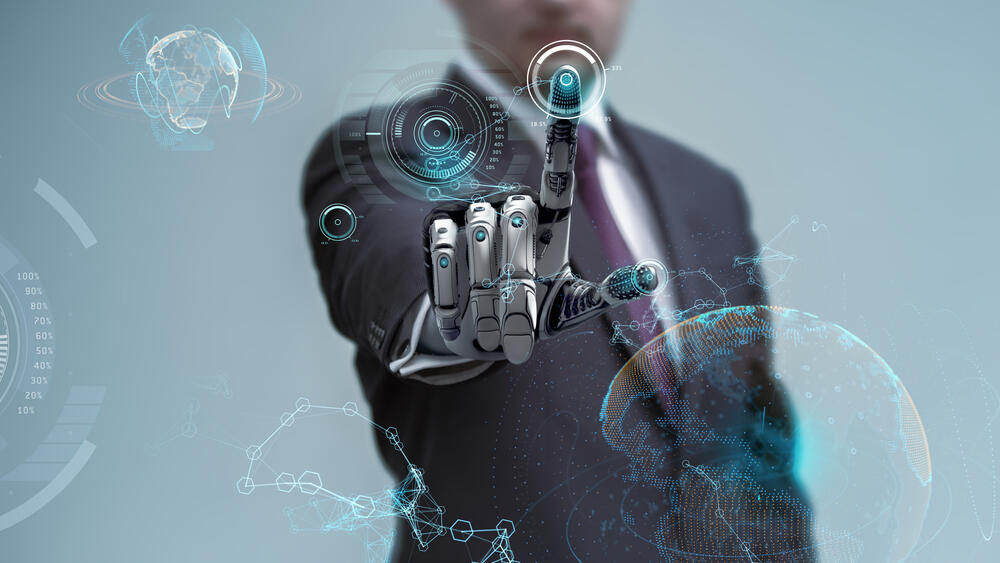Israeli startup company timeOS, formerly known as Magical on Tuesday unveiled its personal artificial intelligence assistant capable of participating in work meetings as a personal aide, even stepping in for invitees who fail to attend. Upon joining the meeting, the system updates other participants about the reason for the user's absence and explains its role as a stand-in.
Read more:
During the meeting, the AI interprets the content, whether spoken in Hebrew or English. After the meeting concludes, it summarizes key points and generates follow-up tasks based on the meeting. Each task in the summary is assigned to the relevant participant responsible for its completion. If a user of the service wishes to participate in a meeting but is unable to join on time or must leave before it ends, they can request the AI to take over and summarize the portion they had missed.
1 View gallery


Artificial intelligence will be able to replace you in meetings
(Photo: Shutterstock)
This artificial intelligence can also serve as a companion during physical meetings, functioning as a personal assistant. Users can instruct it in real-time to extract information from the ongoing meeting or issue a voice command, such as "Add a task for Guy to send the monthly report on Monday." At this stage, the AI doesn't make decisions on behalf of the user nor does it respond in their name.
The application operates independently of other apps and functions solely as a personal aide. For instance, it can remind you to share the meeting summary with participants and even assist in crafting a follow-up email to share. Afterward, the system automatically syncs and allocates the tasks discussed in the meeting directly into various organizational tools.
Users have the option to access the system's chatbot interface, which is linked to the history of meetings and the user's calendar. They can request information about anything discussed, mentioned, or decided upon during meetings and tasks. For instance, you can ask the system, "Remind me what I discussed in my last meeting with Rachel?" or "What tasks do I have from all the meetings this week?"
From our experience with the application, it's clear that the technology is intriguing but needs further improvement, especially in handling the Hebrew language. For instance, the app does not right-align text in Hebrew, causing sentences to appear somewhat jumbled at times. There's also an issue with word recognition, which requires users to review and correct the text, which can be cumbersome for transcribing lengthy conversations. Additionally, it seems that the system currently works best in the context of virtual meetings and webinars, which gained prominence during the coronavirus pandemic. However, with the trend shifting back to in-person work, the future of such tools remains uncertain.
But the concept is promising, showcasing the practical utility of generative AI. Users can try out timeOS for free as a Chrome extension or directly through their website. Users can add their AI to future meetings or activate the assistant during a meeting. They can also customize the AI's name and how it presents itself in meetings. From our tests, it appears that the extension is not entirely bug-free. When installed on a Chrome-based browser, it caused issues with the Backspace key and arrow keys. Removing the extension resolved the problem. The exact cause of this remains unclear, but we reported it to the company, and they assured us they would investigate.
"We take pride in leading the frontier of personal artificial intelligence to maximize the most precious resource in work - time. We are the first to offer comprehensive support in Hebrew at a native level," says Tommy Barav, the company's CEO. "We believe that the technology we've developed will allow everyone to manage their work routine more smoothly, reclaiming time that would otherwise be wasted on physical presence and meeting logistics. This time can be redirected towards more meaningful tasks at work or personal and family activities."

